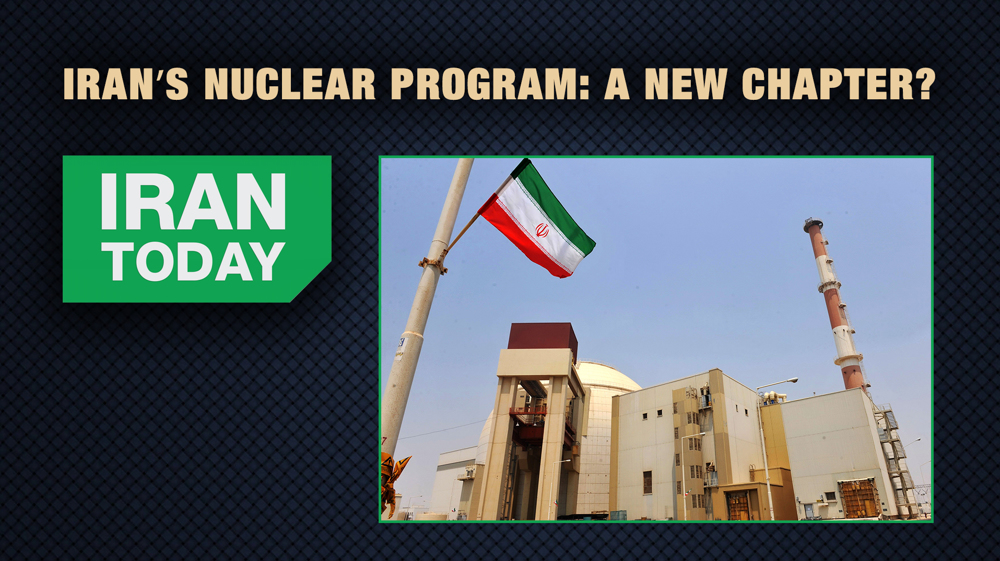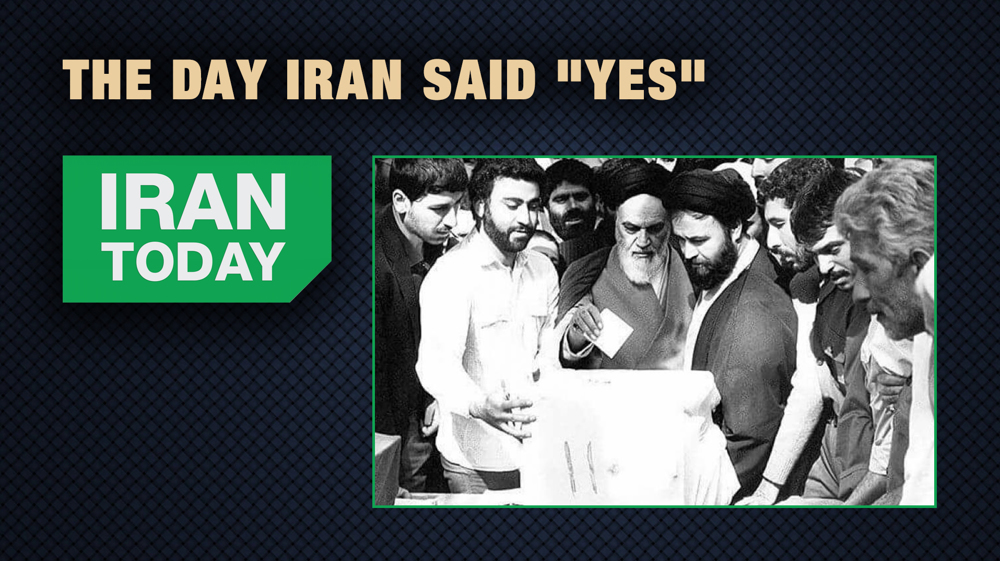Economic stagflation in Iran
Following an agreement between Tehran and 6 world powers, a growing concern is voiced by four ministers on the country’s state of economy and finances.
The Iranian economy as a whole, especially in the past 5-6 years, has been hurting as a result of some internal and external factors.
It’s clear the unjust regime of trade and banking restrictions placed on the country by some Western states have had a detrimental impact on the Iranian economy; however, it is equally clear that certain misguided, domestic economic policies and particularly some ill-advised banking measures have also played a negative role.
A letter was written by four key members of President Hassan Rouhani’s cabinet addressed to the president himself warning against the likelihood of entering into an economic crisis.
It can be argued that President Hassan Rouhani had been resisting calls for an economic stimulus package for quite some time focusing chiefly on the expedited and expedient resolution of Iran’s political challenges on the international scene, particularly the Iranian nuclear deal talks with the P5+1 group of countries.
But it was only recently, and following the Joint Comprehensive Plan of Action (JCPOA) as agreed between Tehran and the E3+3, when Iran’s head of state finally altered positions on the crucial matter of economic recession and acknowledged what had previously been either downplayed or sidetracked .
The initial 18-month long plan was set to rein in rampant inflation by applying a set of disciplinary measures in the monetary sense. But the existing plan appears to be a departure from the governments’ fundamental stance on employing contradictory monetary policies as a means to drastically reduce inflation in the first quarter of 2017.
US judge rules for Mahmoud Khalil’s deportation over his pro-Palestinian views
VIDEO | Massive Friday protests in Yemen: Call for end to US, Israeli aggressions
Leaked docs. expose Israeli censorship campaign to erase pro-Palestinian content online
Yemen targets Israeli military sites in Jaffa in retaliation for Israel’s Gaza genocide
Leaked emails show German officials pressing staff into deporting pro-Palestine activists
Thousands of Pakistanis rally to censure Israeli crimes in Gaza
‘Gaza is not alone’: Yemenis hold million-man protests to show solidarity with Palestinians
VIDEO | Iranians rally to condemn Israeli atrocities in Gaza









 This makes it easy to access the Press TV website
This makes it easy to access the Press TV website